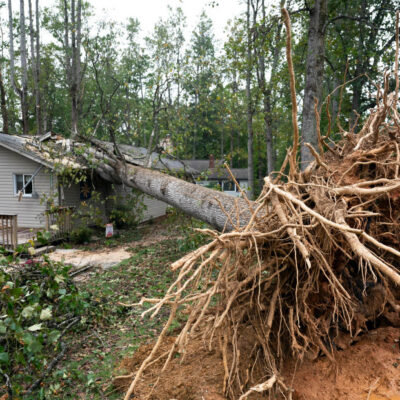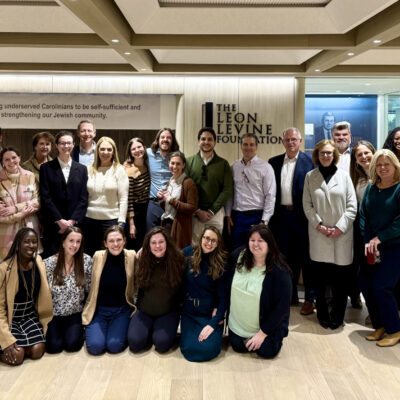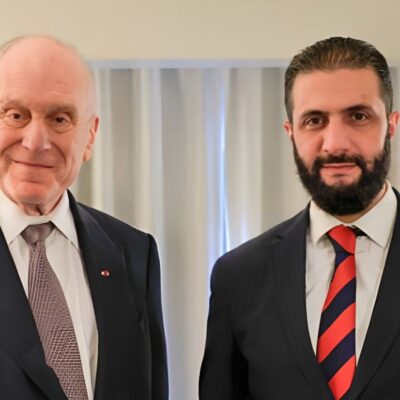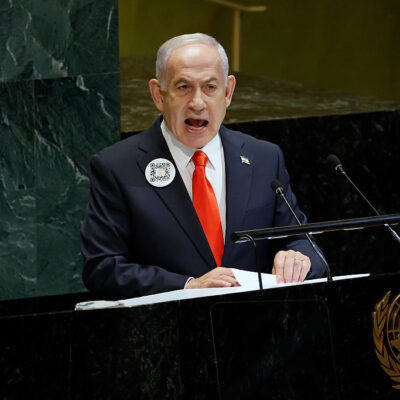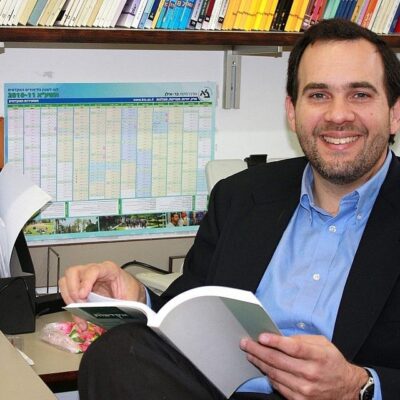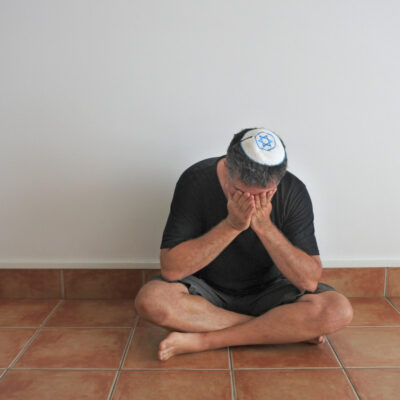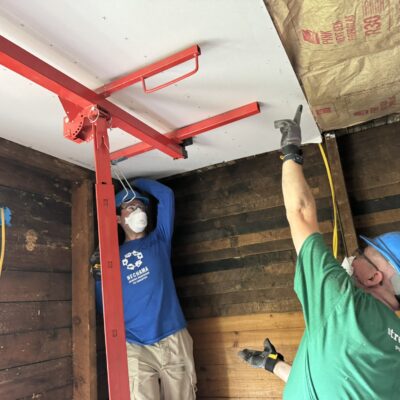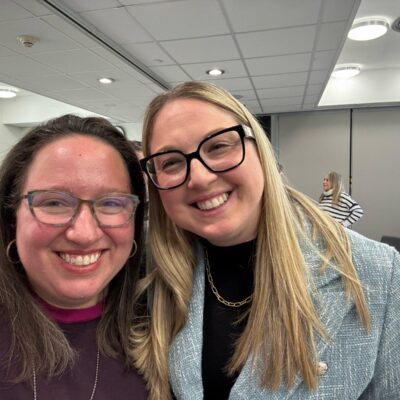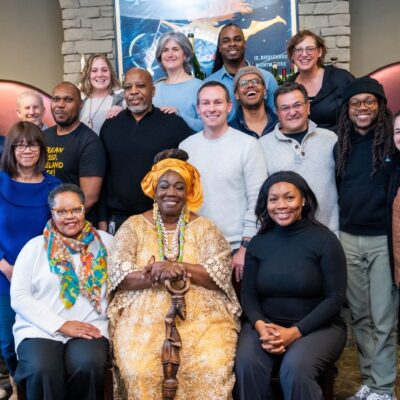Opinion
MOMENTS THAT SHAPE US
On and off the playing field, JCC Maccabi Games play a crucial role for Jewish teens
Last week, I served as a member of the delegation leadership from the Detroit Jewish community to the JCC Maccabi Games in Pittsburgh. This was my second consecutive summer and my third summer overall serving in this role. Delegation heads help facilitate the Maccabi experience, from recruiting athletes and communicating with parents to overseeing of our community’s delegation the week of the event.
For me, this volunteer work is a natural extension of my professional role as executive director of Temple Israel in West Bloomfield, a Reform congregation of over 3,000 families. In my daily work at the synagogue, I strive to deepen engagement among our members and throughout the broader Jewish community. When I wear my lay leader hat at the JCC Maccabi Games, I build connection in an entirely different but powerful way: by helping Jewish teens form meaningful relationships with each other and with Jewish life itself.
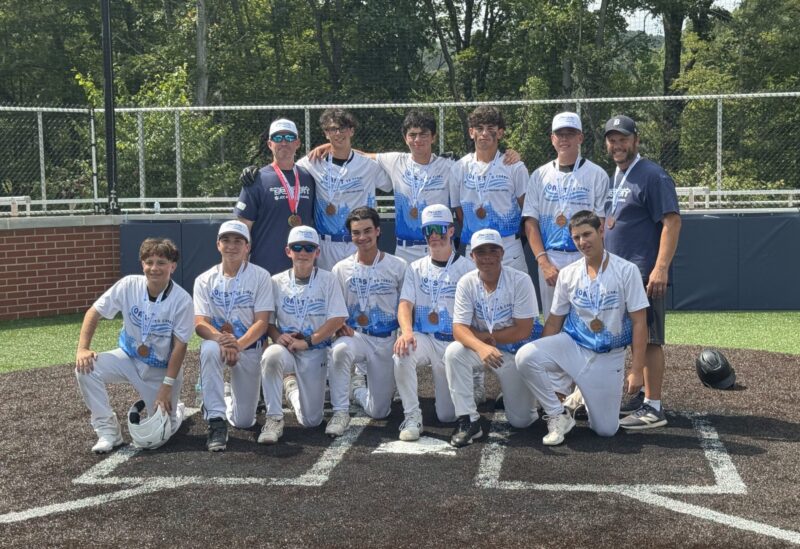
Courtesy/JCC of Metropolitan Detroit
The JCC Maccabi Games can combine athletes from different delegations to form full teams. This baseball team at the 2025 JCC Maccabi Games brought together athletes from Philadelphia with ones from Detroit and Ann Arbor, Mich. Together they won the bronze medal for U15 baseball.
Every year, the JCC Association (JCCA) shares statistics related to the JCC Maccabi Games and its impact. JCCA has found that more than 60% of its teen participants are not engaged in other elements of Jewish life (i.e. BBYO, synagogue youth group, etc.), more often than not due to the demands of competitive youth sport schedules. For many of these teens, including the 3,000 who participated this summer in Tucson and Pittsburgh, the JCC Maccabi Games are their primary Jewish experience. That makes the opportunity not only meaningful, but essential.
With sports as the vehicle to bring us together, it is not the primary objective. There is so much built around the JCC Maccabi Games experience that goes beyond the athletic competition.
At a time when Jewish identity and connection are being tested globally, immersive experiences like the JCC Maccabi Games are more critical than ever. These are not “extras” to be ignored on the Jewish calendar. They are among our most effective tools to foster a strong sense of peoplehood, inspire Jewish pride and build resilient Jewish identities.
In between hockey games and tennis matches, JCC Maccabi Games participants are forging friendships and engaging deeply with their Jewishness. This summer in Pittsburgh, our Detroit athletes spent time in dorms, hallways, cafeterias and athletic venues engaging with Jewish peers from across North America and around the world, including Great Britain, Argentina, Ukraine and Israel. Through casual conversation and shared experience, teens from vastly different backgrounds were exposed to the richness and diversity of global Jewish life. Regardless of their points of origin, these young people came to Pittsburgh and the University of Pittsburgh campus and found common ground.
Immersive experiences like these are at the heart of Jewish continuity. They create sacred space for discovery, belonging and connection. They also serve as a pipeline for future Jewish leadership. Through these encounters, teens begin to see themselves as part of something larger. They develop a deeper understanding of community. They begin to feel empowered to lead.
In my role as a senior executive of a large synagogue and as someone immersed in the broader Jewish professional world, I often recognize a shared origin story among my colleagues, whether they are clergy or staff professionals: many of us were shaped by immersive Jewish experiences. These experiences are where we discovered who we are and who we hoped to become. They contained moments that did more than strengthen our Jewish identities — they instilled in us a sense of purpose and belonging. These settings were safe spaces to ask big questions, to lead before we felt ready and to be seen and valued by mentors who believed in our potential. For me, these moments took place in BBYO, where I gained self confidence in myself as both a person and a Jew — and I met my wife, Aliza.
It’s no coincidence that so many Jewish communal leaders trace their journeys back to these foundational settings. They are the wellsprings of leadership, creativity and enduring commitment to Jewish life.
In a world that often pulls us in countless directions, the JCC Maccabi Games serve as a powerful reminder of what it means to be rooted — in identity, in values and in community. These moments of shared purpose and connection remind us that Jewish life is not just something we inherit; it’s something we actively shape. Whether on the field, in the dorms, or through quiet conversations between events, our teens are discovering the strength and beauty of belonging to something larger than themselves.
And for those of us privileged to help guide them, it is both a responsibility and a profound joy to witness the sparks of leadership, identity and pride begin to take hold.
Jason Plotkin is the executive director of Temple Israel in West Bloomfield, Mich. A senior member of the National Association of Temple Administration (NATA), Plotkin is also a past president of Program & Engagement Professionals of Reform Judaism (PEPRJ) and serves as a North American Board member for the Union for Reform Judaism (URJ).

 Add EJP on Google
Add EJP on Google